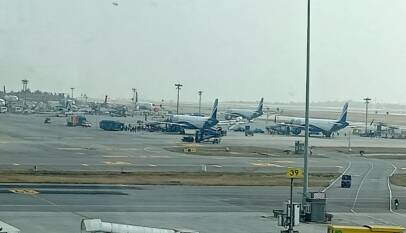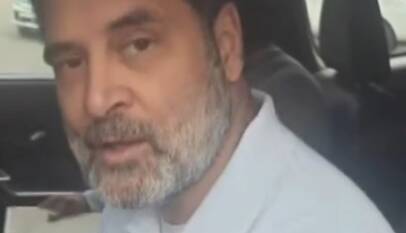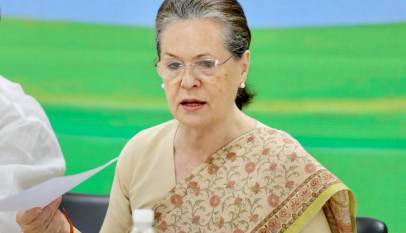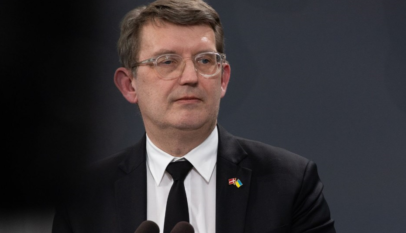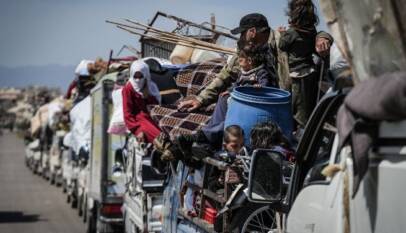Know the ‘Do’s’ and ‘Don’ts’ of the Code of Conduct
The election process for the Vidhan Sabha General Election 2024 has officially begun. The Election Commission of India has established specific norms to ensure that elections are conducted fairly and impartially. These rules are known as the ‘Code of Conduct.’ The Office of the Chief Electoral Officer has informed all political parties and candidates that adherence to this code is mandatory following the election declaration.
The code of conduct is comprehensive, outlining key principles regarding the ‘do’s’ and ‘don’ts’ for political parties and candidates during elections.
What to Do During the Code of Conduct:
- Programs initiated before the election announcement may continue.
- Relief efforts for communities affected by natural disasters, such as floods or droughts, can proceed.
- Cash or medical assistance may be provided to dying or terminally ill individuals.
- Criticism of other political parties and candidates must relate to their policies, past performance, and work.
- Necessary permissions must be obtained by notifying local police authorities in advance about the time and location of proposed meetings.
- Approval is required for the use of loudspeakers or other facilities at meetings, and their usage rules must be followed.
- Police assistance should be sought to address disturbances during meetings.
- The timing and route of processions should be decided in advance, with prior permission from police authorities.
- Informal identity cards for voters should be printed on plain white paper without any symbols, candidate names, or party names.
What Not to Do During the Code of Conduct:
- Political parties and candidates are prohibited from making advertisements about the ruling party/government’s performance at the state’s expense during the election period.
- No minister, except the candidate or elector voting, should enter the polling booth or counting area.
- Government work must not be mixed with election campaigning.
- Criticism of the private lives of leaders or activists from other parties, unrelated to their public life, is not permitted.
- Actions that exacerbate existing divisions among castes, groups, or religious or linguistic communities or incite mutual hatred or tension are prohibited.
- Places of worship should not be used for election speeches, posters, or music.
- Voter bribery, liquor distribution, undue coercion, impersonation, canvassing within 100 meters of polling stations, holding public meetings within 48 hours before polls close, and arranging transportation for voters to and from polling stations are prohibited.
- No obstructions should be created during public meetings or processions organized by other political parties.
- Processions should not pass by locations where other parties are holding meetings.
- Posters of other parties or candidates must not be removed or defaced.
- Posters, flags, signs, and other propaganda materials should not be displayed at the identity card distribution locations or near polling booths on election day.
The Chief Election Officer has appealed to citizens that if they observe violations of these principles, they should report them via the C-Vigil app, including audio and video evidence.
Danish Government Allocate Funds For the Purchase of a Ship to Strengthen the Monitoring of Critical Underwater Infrastructure.
Copenhagen; December 2025: Based on updated military recommendations from the Danish Defen…


